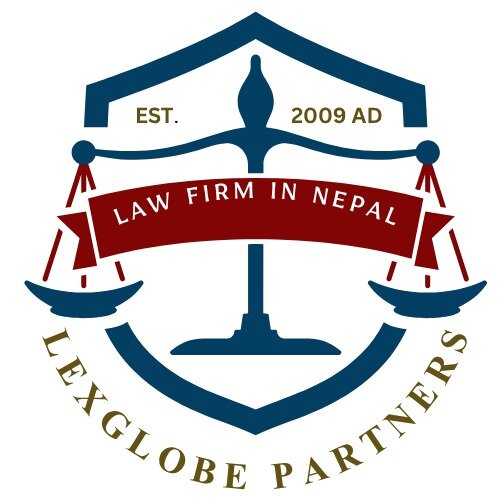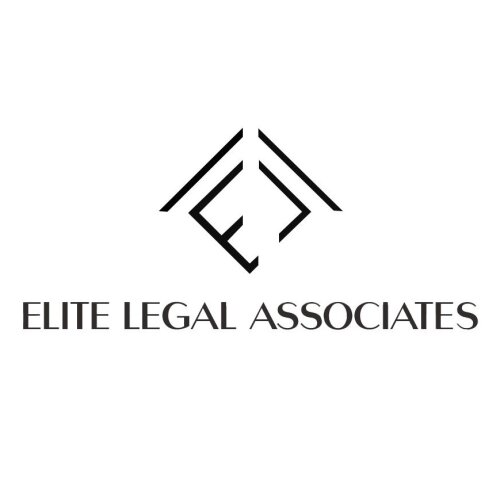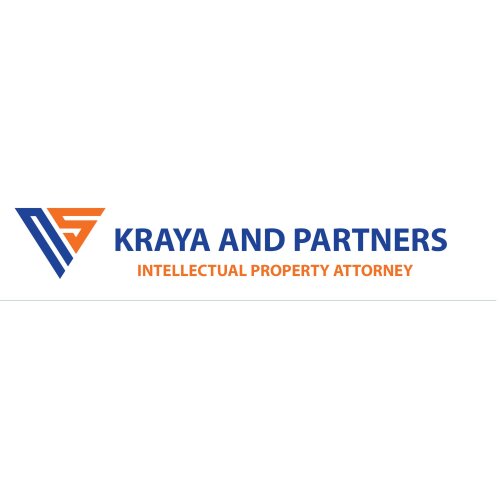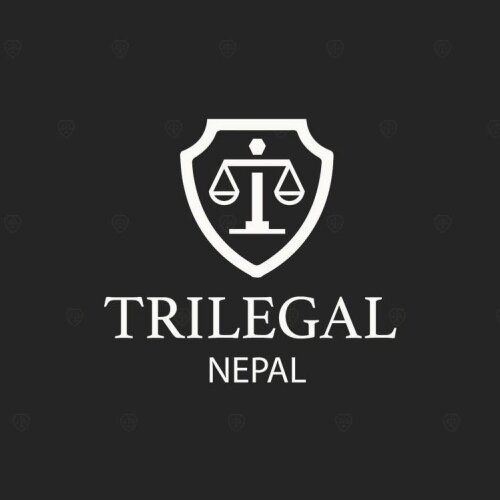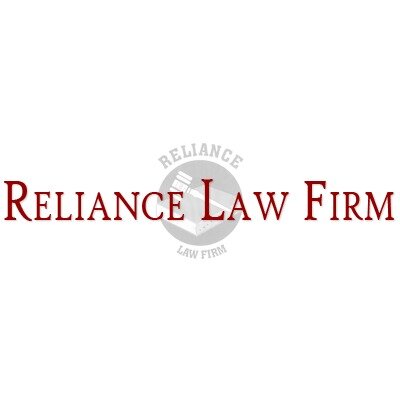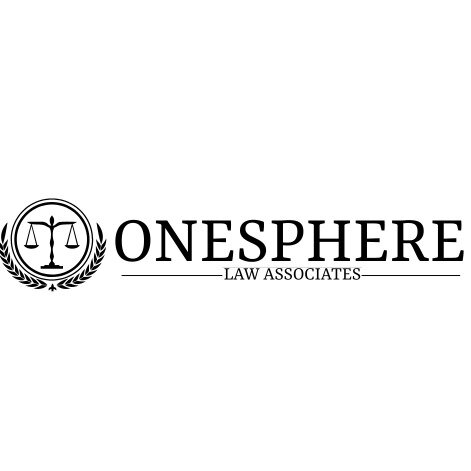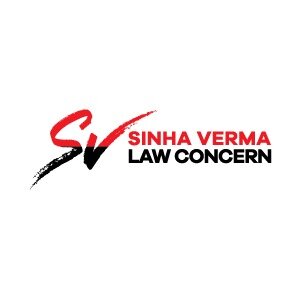Best Trademark Lawyers in Nepal
Share your needs with us, get contacted by law firms.
Free. Takes 2 min.
Or refine your search by selecting a city:
List of the best lawyers in Nepal
About Trademark Law in Nepal
Trademark law in Nepal is governed under the Patent, Design and Trademark Act, 2022 (1965 AD). A trademark is a sign capable of distinguishing the goods or services of one individual or company from those of other entities. In Nepal, trademarks protect logos, brand names, or other distinctive markers essential for building a brand identity. Registration of trademarks provides legal recognition and exclusive rights to use the mark, offering protection against unauthorized use in the marketplace.
Why You May Need a Lawyer
There are several situations where you may require legal assistance with trademarks in Nepal:
- Trademark Registration: Navigating the complexities of registering a trademark to ensure all legal requirements are met.
- Trademark Infringement: Legal aid may be necessary when someone else is using your registered trademark without permission, leading to possible financial or reputational damage.
- Brand Protection Strategy: Consultation for protecting a portfolio of trademarks across different jurisdictions.
- Trademark Opposition: When disputes arise over the registration of similar or identical trademarks by different parties.
- Renewal and Maintenance: Ensuring timely renewal of trademark registrations and handling record-keeping requirements.
Local Laws Overview
Nepali trademark law is primarily governed by the Patent, Design and Trademark Act, 2022. Key aspects of local trademark laws include:
- Mandatory Registration: A registration is necessary to obtain legal rights over a trademark in Nepal.
- Territoriality Principle: Trademark protection granted in Nepal is territorial and does not extend beyond its borders.
- Distinctiveness Requirement: Marks must be distinctive to be registered, avoiding generic or descriptive terms.
- Registration Process: The process involves filing, examination, publication, and registration, typically taking several months to complete.
- Validity: Registered trademarks are valid for seven years from the registration date and can be renewed for successive periods.
Frequently Asked Questions
What is a trademark in Nepal?
A trademark in Nepal is a legal protection given to a brand name, sign, symbol, or logo that distinguishes goods or services of one entity from others.
How can I register a trademark in Nepal?
The process involves filing an application with the Department of Industry, followed by examination, publication, and, if unopposed, registration and issuance of a certificate.
How long does it take to register a trademark in Nepal?
On average, the trademark registration process takes between 10-12 months from filing to receiving the certificate, assuming no oppositions are filed.
Can foreign businesses register a trademark in Nepal?
Yes, foreign businesses can register a trademark in Nepal, usually through an authorized local agent or law firm.
What happens if my trademark is infringed upon?
You can initiate legal action against the infringer, seeking remedies such as injunctions, damages, or account of profits.
Is it necessary to renew a trademark in Nepal?
Yes, a registered trademark needs to be renewed every seven years to maintain its protections.
Can I oppose a trademark application in Nepal?
Yes, if you believe an applied-for trademark infringes on your rights, you can file an opposition during its publication phase.
What is considered trademark infringement in Nepal?
Trademark infringement occurs when someone uses a trademark identical or confusingly similar to a registered trademark without authorization in a way that causes confusion in the market.
Are there penalties for trademark infringement in Nepal?
Yes, trademark infringement may result in legal penalties, including fines and orders to cease the infringing activity, under Nepali law.
What is a well-known trademark, and is it protected in Nepal?
Well-known trademarks are recognized for their strong reputation and distinctive character, enjoying broader protections against dilution and misappropriation under Nepali law.
Additional Resources
Several resources and organizations can be helpful for those seeking trademark-related assistance in Nepal:
- The Department of Industry, Nepal: The main governmental body responsible for trademark registration and management.
- Nepal Trademark Office: Offers guidance on the registration process and regulations.
- Legal advisors and law firms specializing in intellectual property law in Nepal.
- The World Intellectual Property Organization (WIPO): Provides international resources on trademark laws and conventions.
Next Steps
If you need legal assistance in trademark matters in Nepal, consider the following steps:
- Consult with a legal expert specializing in intellectual property law in Nepal to understand your needs and the process involved thoroughly.
- Prepare and gather all necessary documents and details about your trademark for a consultation.
- Reach out to the Department of Industry or a national consultant for specific guidance and procedural filings.
- Evaluate and select the best filing strategy, especially if considering regional or international trademark protections.
Taking these proactive steps can help safeguard your intellectual property effectively in Nepal.
Lawzana helps you find the best lawyers and law firms in Nepal through a curated and pre-screened list of qualified legal professionals. Our platform offers rankings and detailed profiles of attorneys and law firms, allowing you to compare based on practice areas, including Trademark, experience, and client feedback.
Each profile includes a description of the firm's areas of practice, client reviews, team members and partners, year of establishment, spoken languages, office locations, contact information, social media presence, and any published articles or resources. Most firms on our platform speak English and are experienced in both local and international legal matters.
Get a quote from top-rated law firms in Nepal — quickly, securely, and without unnecessary hassle.
Disclaimer:
The information provided on this page is for general informational purposes only and does not constitute legal advice. While we strive to ensure the accuracy and relevance of the content, legal information may change over time, and interpretations of the law can vary. You should always consult with a qualified legal professional for advice specific to your situation.
We disclaim all liability for actions taken or not taken based on the content of this page. If you believe any information is incorrect or outdated, please contact us, and we will review and update it where appropriate.
Browse trademark law firms by city in Nepal
Refine your search by selecting a city.





